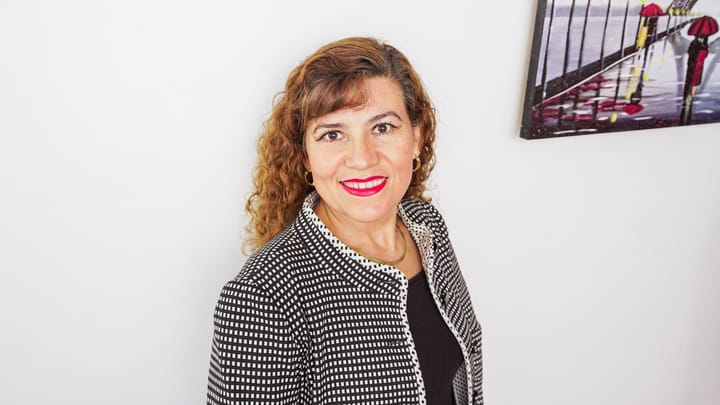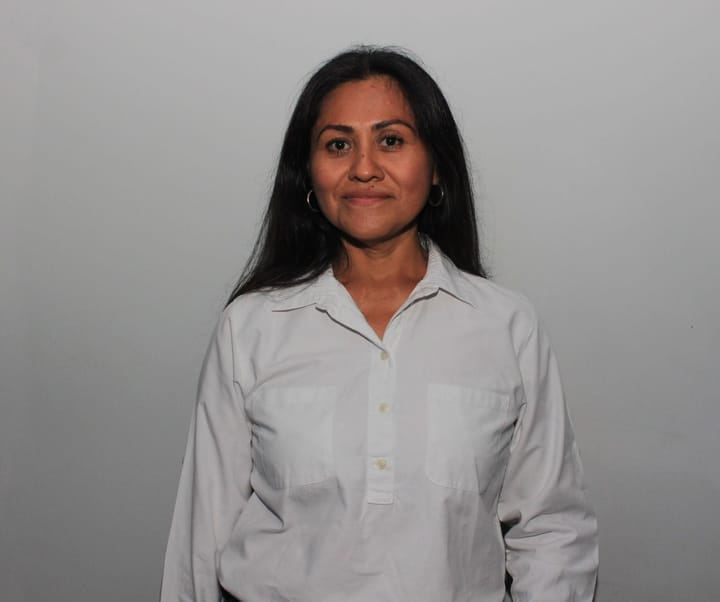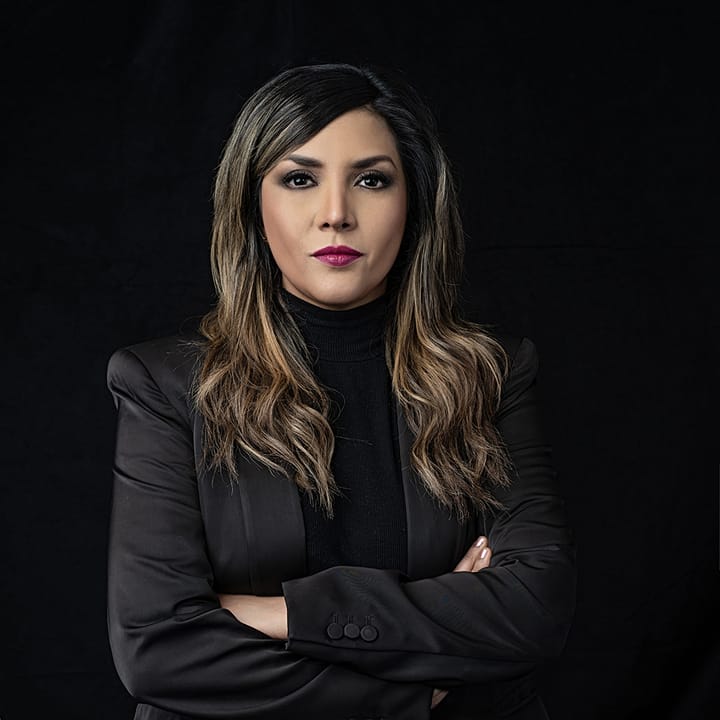Por Esther Arzate

Hace un año cambió la vida de los acapulqueños que la libraron después del paso del huracán Otis. También sobreviví y mi forma de percibir la vida y el ejercicio del periodismo se modificaron desde entonces.
A la distancia, veo el fenómeno como una oportunidad adicional de vida y como una muestra de que los seres humanos, con todas nuestras ínfulas de grandeza, somos diminutos e indefensos ante la naturaleza.
A propósito del primer aniversario de ese fenómeno natural de vientos superiores a 250 kilómetros por hora, hace unos días, tres Organismos convocaron a un conversatorio donde participamos periodistas que estábamos en Acapulco cuando el huracán natural nos sorprendió y dio muestra de su enorme capacidad de destrucción y devastación.
En el encuentro, que nos sirvió de catarsis, recordamos que el 24 de octubre de 2023, cuando irrumpió Otis, un grupo de 35 periodistas estábamos en Acapulco para cubrir la XXXV Convención Internacional de Minería que organiza cada dos años la Asociación de Ingenieros de Minas, Metalurgistas y Geólogos de México (AIMMGM).
Con Soledad Durazo, conductora de Radio Fórmula; Karla Galarce, reportera de Quadratín Guerrero y Luis Ernesto Castillo, director de Contenido 360, hablamos de las lecciones aprendidas a partir de Otis. Quizá la principal es que ninguna previsión sobra en situaciones como la que experimentamos en Acapulco, donde unas cuantas horas de viento y lluvia arrasaron con infraestructura hotelera, pesquera, viviendas, calles, infraestructura urbana y lo más lamentable, con vidas de personas.
Todos gestionamos las emociones de manera distinta. Algunos buscaron la manera de encontrar comida y alimentos; otros más se interesaron por recorrer las calles anegadas y destruidas para enviar la información en cuanto tuvieran conexión a internet; hubo quienes se refugiaron en sus pensamientos; otros se aislaron y se movían como autómatas sin poder hablar. Todos vivimos nuestra pesadilla solos o acompañados, pero todos aprendimos lecciones.
Ahora sabemos la importancia de utilizar aplicaciones de localización en tiempo real porque durante el meteoro el internet colapsó, al igual que las líneas telefónicas y el servicio de electricidad. Estuvimos incomunicados por horas sin que nuestros seres queridos conocieran nuestra condición y ubicación.
También aprendimos a mantener el teléfono con suficiente carga y baterías de repuesto; a no desestimar las alertas; dejar resguardada y cerrada la maleta dentro del closet porque en caso de huracanes llegan a ser los sitios más seguros y, en general, a conocer y aplicar protocolos de protección civil.
Asimismo, dar más valor a las personas que a las cosas, ser empáticos, estar dispuestos a ayudar porque siempre encontraremos personas solidarias a nuestro paso y especialmente no dejar pendientes oficiales o sentimentales porque nunca se sabe cuándo puede ser el último día en este plano terrenal.
La AIMMGM ya anunció que su próxima convención la realizará una vez más en Acapulco, como una muestra de la disposición que tiene de seguir apoyando la recuperación del puerto que volvió a ser azotado este año por el huracán John.
Para reducir el riesgo de huracanes en este lugar que durante 19 ediciones los ha recibido para su encuentro que representa el segundo más importante de América Latina, la Asociación difirió la fecha a noviembre y, como parte de la organización, estableció una coordinación de seguridad que se encargará de monitorear y atender cualquier eventualidad de riesgo.
Hay quienes han anunciado que no asistirán al evento minero, otros acudirán con miedo y unos más con suma precaución. Una vez más estaremos ante la posibilidad de experimentar un suceso como el de hace un año, pero ninguno de quienes sobrevivimos al Otis somos los mismos.
*Esther Arzate es asesora de comunicación corporativa. Dirige AK Comunicación y el portal informativo Arzate Noticias; participa en la red de bloggers de Forbes y es profesora de asignatura en la Facultad de Estudios Superiores Aragón, de la UNAM.
Las opiniones expresadas son responsabilidad de sus autoras y son absolutamente independientes a la postura y línea editorial de Opinión 51.






Comments ()